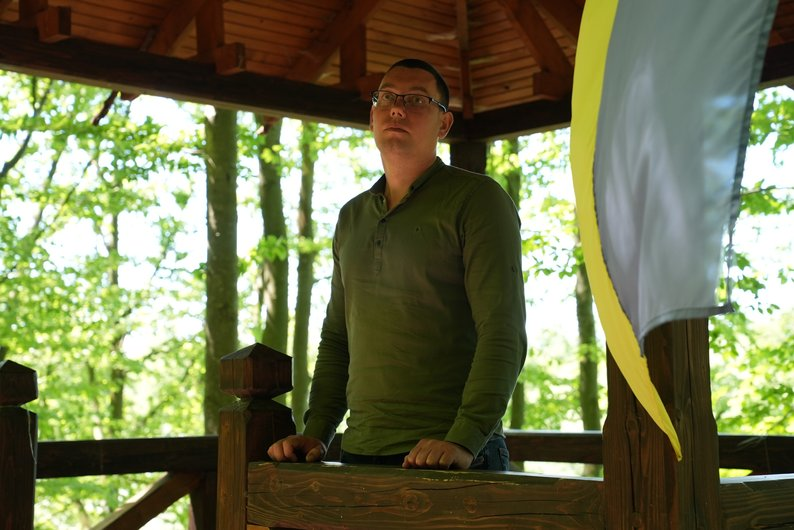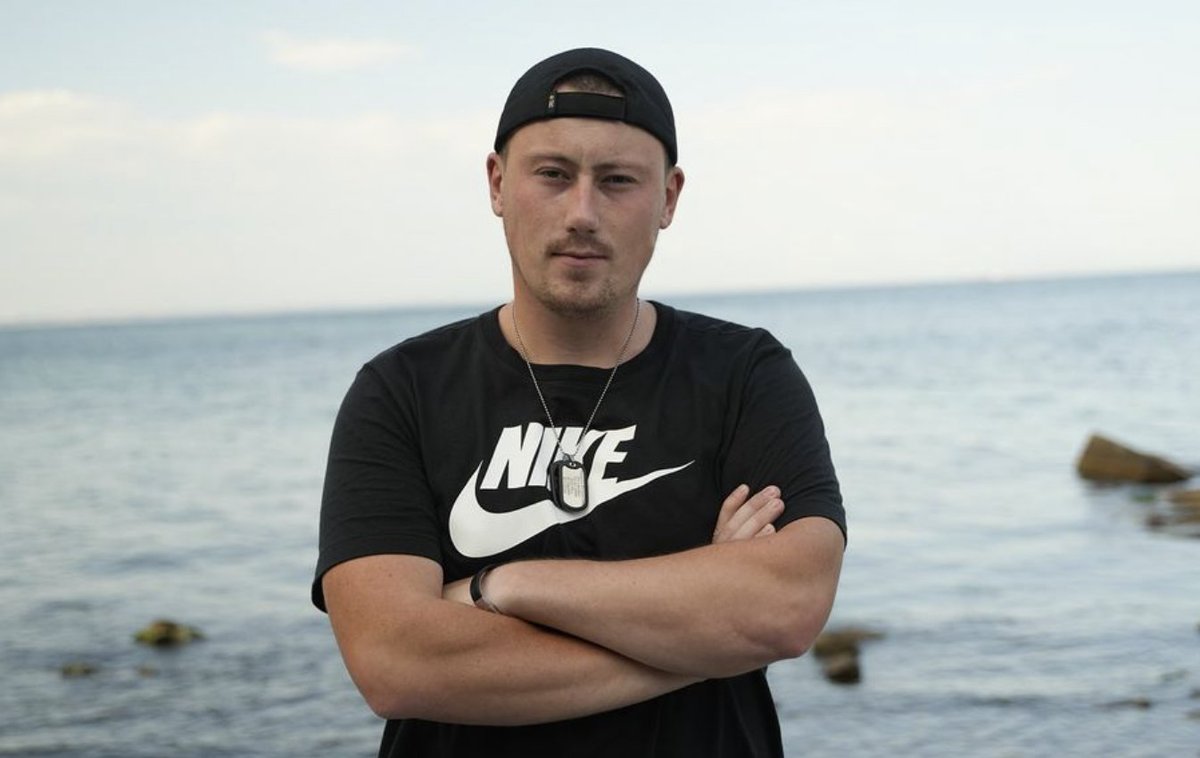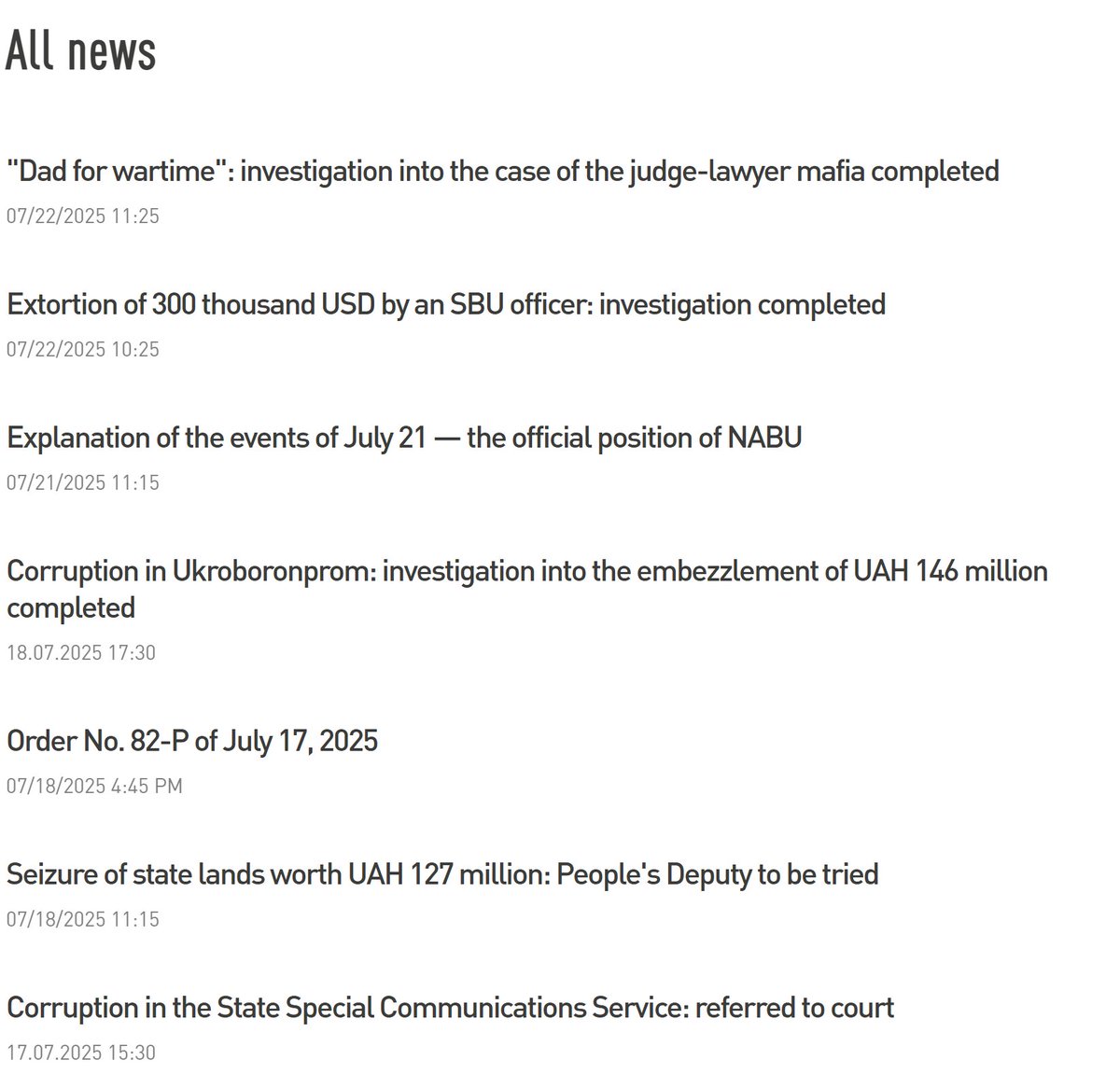Tuva thread. #RussiaDecolonized
This is the second thread in the series. We talk about Russian regions and assess their potential for independence.
This is the second thread in the series. We talk about Russian regions and assess their potential for independence.

HISTORY
Tuva, a relatively new region within Russia, has a unique historical connection with Mongolia. The Tuvans share similarities in language, religion, and traditions with their Mongolian counterparts. /1
Tuva, a relatively new region within Russia, has a unique historical connection with Mongolia. The Tuvans share similarities in language, religion, and traditions with their Mongolian counterparts. /1

Historically, Tuva was not part of Russia until the Xinhai Revolution in China in 1912. Russia supported separatist and pro-independence movements among the Tuvans, leading to Tuva becoming a Russian protectorate known as Uryankhay Krai. /2 

Tuva experienced occupation and control by various forces(China, Mongolia, Russia) during the Russian Revolution and the early 1920s. In 1921 Tannu Tuvan People's Republic was established, de jure it was independent, but had strong Soviet influence. /3
In 1929, the Soviet Union orchestrated a coup due to Tuva strengthening ties with Mongolia. Subsequently, Tuva was annexed by the Soviet Union in 1944 without a referendum, with the approval of Tuva's Little Khural (parliament). /4
GEOGRAPHY
The Republic of Tuva is located in southern Siberia and is characterized by its isolation. Being a mountainous region, Tuva has only one road connecting it to mainland Russia. /5

The Republic of Tuva is located in southern Siberia and is characterized by its isolation. Being a mountainous region, Tuva has only one road connecting it to mainland Russia. /5


Tuva shares a relatively long border with Mongolia and has several roads connecting them. China's Xinjiang Uygur Autonomous Region is also fairly close, but there is no road connection between this region and Russia. /6 

Kremlin promised to connect the region by the railway with the Trans-Siberian line. They planned to build 400 km of railway line, and even Putin came to Tuva and started the work himself. Years later, the place still looked like that, and no work is ongoing at the moment. /7 



ECONOMY
This is probably Tuva's worst dimension. The region is known for its extreme poverty, even by Russian standards, with GDP lower than the average. Most of the soviet developed industry stopped working in 90s. Limited coal mining and livestock sectors remain. /8
This is probably Tuva's worst dimension. The region is known for its extreme poverty, even by Russian standards, with GDP lower than the average. Most of the soviet developed industry stopped working in 90s. Limited coal mining and livestock sectors remain. /8

The region faces significant problems with unemployment, alcoholism, and drug abuse, which contribute to high crime rates. Moreover, many people from this region are conscripted into the army and reportedly involved in war crimes in Ukraine. /9 

Joining the army seems to be one of the few ways for individuals to earn money there. Unfortunately, Moscow does not prioritize the region's development, perhaps benefiting from its extreme poverty as it forces people into the army due to lack of alternatives. /10 

A video showing the living conditions in the capital city of Kyzyl exemplifies the hardships faced by the people. Lack of access to water is a common issue there. /11
POPULATION
Tuva has an extremely small population of only 300,000 people. The republic also has one of the smallest percentages of Russians in the country. /12

Tuva has an extremely small population of only 300,000 people. The republic also has one of the smallest percentages of Russians in the country. /12


FREEDOM MOVEMENTS
During the collapse of the USSR, a national movement called Hostug Tuva, meaning "Free Tuva," emerged. However, there is limited information available about any steps taken by this or other organizations towards achieving independence. /13
During the collapse of the USSR, a national movement called Hostug Tuva, meaning "Free Tuva," emerged. However, there is limited information available about any steps taken by this or other organizations towards achieving independence. /13
Ethnic conflicts occurred in Tuva during that time, leading to Russians leaving the region. Hostug Tuva advocated for Tuvan national rights, cultural preservation, and political representation. /14 

They also aimed to strengthen the Tuvan language and protect Tuvan cultural heritage. Buddhism, which was repressed in the USSR, experienced significant development in the 1990s. /15
Unfortunately, current information about organizations advocating for independence, greater autonomy, or improvements in the republic's quality of life is scarce. If there are any such organizations, please let me know if I have overlooked them. /16
CONLUSION
Tuva stands out from the rest of Russia, with locals referring to it as "going to Russia" when talking about traveling to other regions. Some Tuvinians do not even speak Russian or have only basic language skills, emphasizing the distinction. /17
Tuva stands out from the rest of Russia, with locals referring to it as "going to Russia" when talking about traveling to other regions. Some Tuvinians do not even speak Russian or have only basic language skills, emphasizing the distinction. /17

It is a typical colony, and rumors suggest that Russians might struggle to locate the region on a map or even be aware of its existence.
It is questionable whether the region is economically sustainable, given its small population and high unemployment rates. /18
It is questionable whether the region is economically sustainable, given its small population and high unemployment rates. /18
Further research is needed to understand how this economy can effectively function. If Tuva were to become independent, it would require strong support and cooperation from other countries for economic development. /19
However, one may wonder if the situation could be worse than it is now. /20
If you want to support the project, here is a link for BuyMeaCoffe. All the donations will be spent on the website creation, so it will be possible to access the information easily.
buymeacoffee.com/VTretyak /21
buymeacoffee.com/VTretyak /21
Please engage with and share this thread. Even small actions like liking, commenting, and sharing can contribute to the cause of ending Russian imperialism.
#Tuva #Russia #RussiaDecolonized /22
#Tuva #Russia #RussiaDecolonized /22

• • •
Missing some Tweet in this thread? You can try to
force a refresh
















